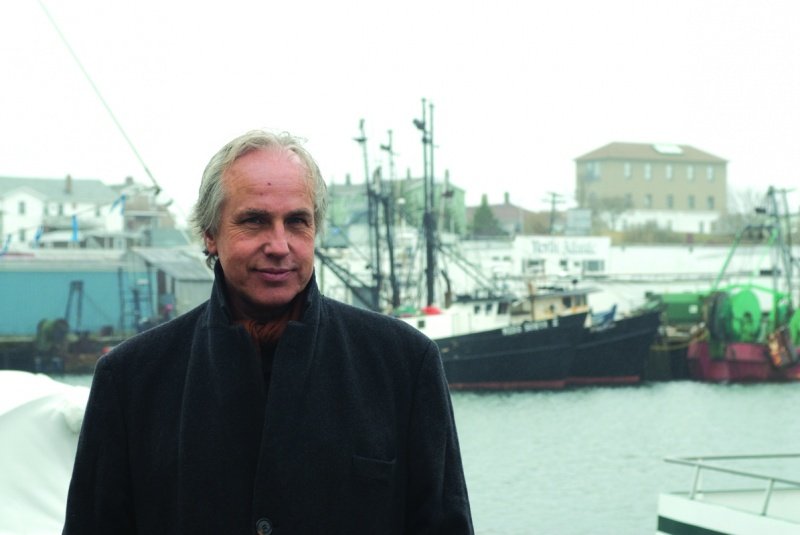A Budget for Billionaires (Or: How to Survive on $30,000 a Day)
A spokesman for a coalition of the fourteen billionaires residing in Massachusetts recently issued a startling announcement. Spurred by recent events, from the pandemic to the Black Lives Matter movement, and determined to create a more just and equitable commonwealth, the “Fab Fourteen” have agreed to turn over a considerable portion of their wealth to the state.
“It seems a little unfair that fourteen people should possess three times the wealth of the entire budget of a state with some seven million souls,” said the statement.
With collective worth of over 143 billion dollars, in a state whose 2020 budget tops out at a mere 43 billion, the FF are in a position to make a real difference. By agreeing to cap personal wealth at 1 billion each, with an additional 500 million for every living spouse, the state is expected to receive a windfall of some 120 billion dollars — three times the state’s annual budget.
“In a period of national crisis,” the statement reads, “we will be able to create a cushion against inevitable revenue shortfalls brought about by the pandemic.” The influx of such a sum of “mad money” will allow the state to virtually eliminate urban blight, offer free college tuition for all who choose to attend state universities, and ensure that a new state-mandated minimum wage becomes a genuine living wage, allowing residents to live close to their workplaces.
Other plans include transforming the chronically underfunded Jeremiah E. Burke School in Dorchester into a model public “learning academy,” replicating the atmosphere and resources of local private schools such as Milton and Andover.
“Education reform isn’t rocket science,” notes one billionaire, who asked to remain anonymous. “I know what I want for my kids: small classes, clean buildings, large playing fields, an excellent museum or two, and studio art facilities, along with well-paid faculty who are not overworked and love their jobs. We all know you have to pay for that.”
“Don’t worry about us,” notes another, who, perhaps not surprisingly, also chose to remain anonymous. “One billion isn’t much — at least not when you consider what some of us were worth. But I’ve done the math and that means if I live another hundred years (I’m forty-five, you never know), my daily allowance will still be around $30,000 a day. And if I only make it to a hundred, you can double that. It’s not what I’m used to, but I’ll adjust.”
Askold Melnyczuk’s book of stories, The Man Who Would Not Bow, appeared in 2021. His four novels have variously been named a New York Times Notable, an LA Times Best Books of the Year, and an Editor’s Choice by the American Library Association’s Booklist. He is also co-editor of From Three Worlds, an anthology of Ukrainian Writers. His published translations include work by Oksana Zabuzhko, Marjana Savka, Bohdan Boychuk, Ivan Drach, and Skovoroda. His shorter work, including essays, stories, and reviews, have appeared in The Paris Review, The New York Times, The Missouri Review, The Times Literary Supplement (London), The Los Angeles Times, The Harvard Review and elsewhere. He’s received a three-year Lila Wallace-Readers’ Digest Award in Fiction, the McGinnis Award in Fiction, and the George Garret Award from AWP for his contributions to the literary community. As founding editor of Agni he received PEN’s Magid Award for creating “one of America’s, and the world’s, leading literary journals.” Founding editor of Arrowsmith Press, he has taught at Boston University, Harvard, Bennington College and currently teaches at the University of Massachusetts Boston. Most recently he has been organizing readings in support of writers in Ukraine, as well as interviewing writers for his For the Record series which appears online at Agni Online (https://agnionline.bu.edu/blog/for-the-record-conversations- with-ukrainian-writers/), as well as on Arrowsmith Press’s website.


